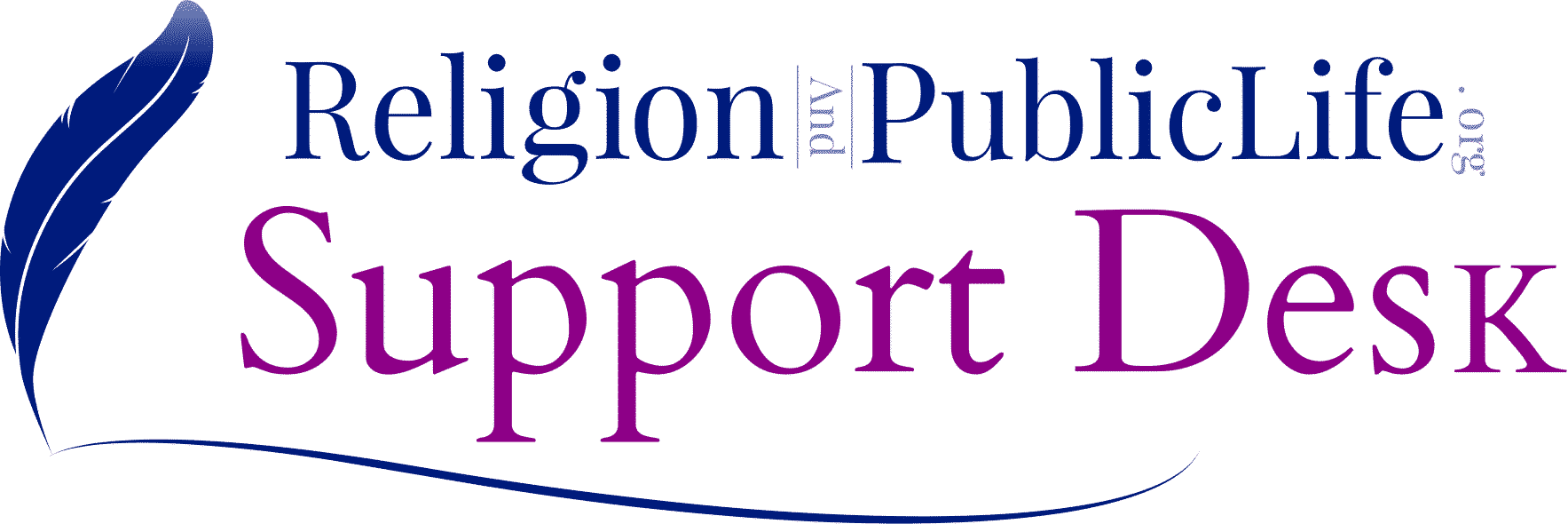Human Rights Frameworks
The Universal Declaration of Human Rights of 1948 was born in response to the genocide of over six million Jews in Nazi Germany. And yet, its values were conceived hundreds of years prior by religious communities that, in their own geographic and cultural contexts, advocated for protections for human’s inalienable rights.
The curriculum presented at ReligionAndPublicLife.com teaches that one’s “freedom of religion or belief” (FoRB) is a fundamental human right, as articulated in Article 18 of the Universal Declaration of Human Rights (1947):
Article 18: “Everyone has the right to freedom of thought, conscience and religion; this right includes freedom to change his [or her] religion or belief, and freedom, either alone or in community with others and in public or private, to manifest his [or her] religion or belief in teaching, practice, worship and observance.”
Nate Walker is the author of this solution article.
Did you find it helpful? Yes No




